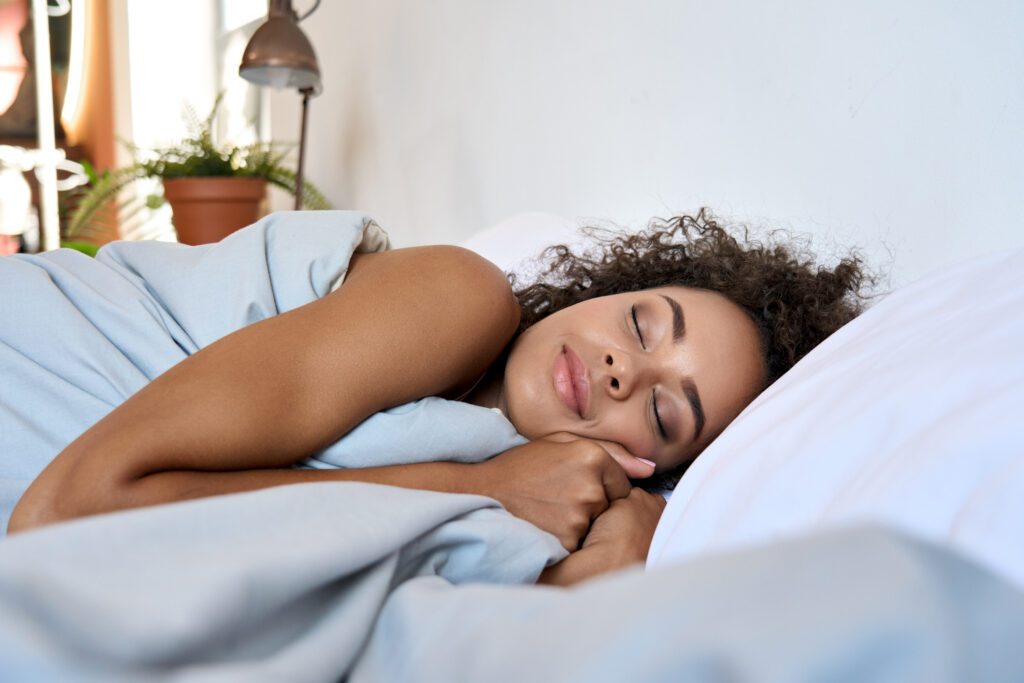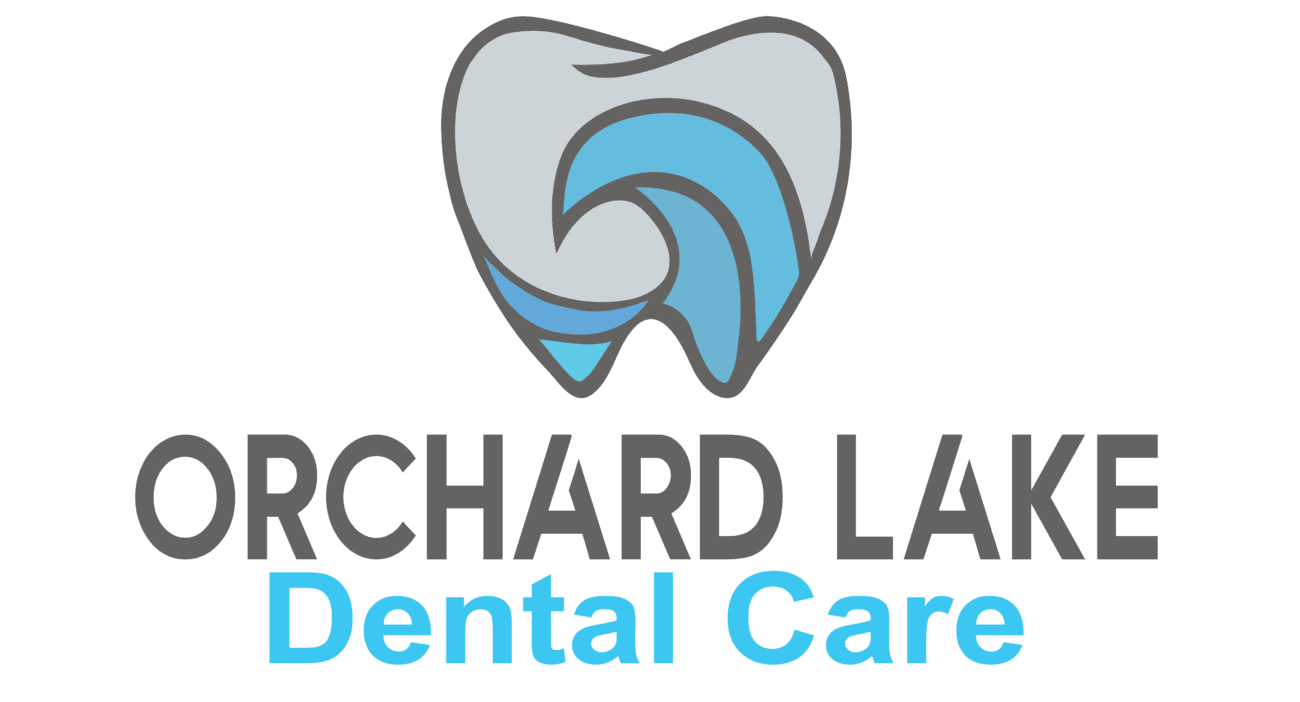Sleep apnea occurs when tissues in the airway momentarily halt breathing. Patients with sleep apnea can have hundreds of pauses in breathing during sleep. These breathing disruptions are dangerous and can lead to waking up often during the night and experiencing insomnia.
Many people may not realize that dentists can treat sleep apnea. However, the position of the bite and the jaw can impact the airway. Dr. Anthony Yaldo works with sleep specialists and provides sleep apnea treatment and restores comfort through oral appliances in his Keego Harbor, MI, dental office. Our office also provides restorative dentistry treatments to patients in Keego Harbor.

Common Signs of Sleep Apnea
Knowing the signs of sleep apnea and addressing these symptoms early on can prevent future heart and breathing problems. Patients with sleep apnea can experience one or more of these symptoms:
- Snoring
- Daytime sleepiness
- Insomnia
- Mood swings
- Irritability
- Pauses in breathing during sleep
While snoring is not an immediate indicator of sleep apnea, patients who have sleep apnea can snore. If you do snore, be sure to look out for additional symptoms of sleep apnea. Loud or inconsistent breathing can also be an indicator of sleep apnea.
Risk factors of sleep apnea can include:
- Weight
- Age
- Gender
- Neck circumference
Patients who are male, overweight, or over the age of 40 are more likely to experience sleep apnea. A restricted or narrow airway increases the likelihood of tissues blocking air. Sleep apnea can also increase the risk of heart problems. Many pauses in breathing during sleep apnea lead to a lack of oxygen flow to the heart.
This continual oxygen restriction puts stress on the heart. Some patients with sleep apnea are more at risk of experiencing heart problems, including irregular heartbeats, stroke, or heart attacks. It’s especially dangerous if patients have a history of heart problems and develop sleep apnea. Receiving treatment from a professional can help manage symptoms and lower the risk of major heart issues.
Treating Sleep Apnea in Keego Harbor, MI
Continuous Positive Airway Pressure (CPAP) machines deliver oxygen through a mask around the nose and mouth to keep the airway open. While CPAP machines can benefit patients with severe sleep apnea, they can be bulky, loud, and uncomfortable.
We often recommend oral appliances for patients with sleep apnea. Sleep apnea appliances cover the upper and lower tooth arches, typically with molded hard plastic like acrylic, and are connected with a metal piece. We will take dental impressions to ensure the nightguard comfortably fits over the teeth.
The nightguard will move the lower jaw forward, opening the airway and making breathing easier for patients with mild to moderate sleep apnea. Sleep apnea oral appliances are noiseless, portable, and often more comfortable than CPAP machines.
Sleep Apnea FAQs
Untreated sleep apnea can impact every aspect of your life. Read the answers to these common patient questions.
What are the symptoms of sleep apnea?
Common symptoms include loud snoring, choking or gasping during sleep, morning headaches, dry mouth, irritability, and excessive daytime sleepiness. Many people with sleep apnea are unaware of their disrupted breathing and only discover it through a partner or sleep study. Other signs include poor concentration, mood changes, and trouble staying asleep. Early diagnosis and treatment are important to prevent complications.
Who is a good candidate for oral appliance therapy?
Oral appliance therapy best suits patients with mild to moderate obstructive sleep apnea. It can also help those with severe sleep apnea who cannot tolerate CPAP. Candidates should have healthy teeth and jaw structure, as the appliance fits over the teeth and relies on jaw movement. A sleep study and consultation with Dr. Yaldo must determine eligibility.
Can an oral appliance help with snoring?
Yes, oral appliances are frequently used to treat snoring, which often occurs with sleep apnea. By holding the airway open, the device reduces or eliminates the vibrations that cause snoring. Many patients and their partners report significant improvements. Even if snoring is the only symptom, evaluation for sleep apnea is recommended.
Are there side effects from using an oral appliance?
Some patients experience minor side effects like dry mouth, tooth or jaw discomfort, or excessive salivation. These issues are usually temporary and improve with time or appliance adjustments. Serious complications are rare when the appliance is fitted correctly and monitored by a trained dentist. Consistent follow-up helps address any concerns early.
How long do oral appliances last?
With proper care, most oral appliances last between 3 and 5 years. The lifespan depends on the material used, how well it’s maintained, and how often it’s used. Over time, appliances can wear down or lose their fit due to dental changes. Dr. Yaldo will inform you when a replacement is necessary to ensure continued effectiveness.
How soon can I expect results with oral appliance therapy?
Many patients begin to feel more rested and experience fewer symptoms within a few days to a few weeks of starting therapy. However, results vary based on the severity of the condition and how consistently the device is used. Follow-up visits and sleep studies help track your progress. The key is patience, commitment, and communication with your care team.
Address Sleep Apnea
Get a good night’s sleep and solve daytime sleepiness. If you experience sleep apnea and want an alternative to a CPAP machine, contact Orchard Lake Dental Care for sleep apnea treatment today at (248) 682-0922. You can also request a dental appointment with Dr. Yaldo online.
